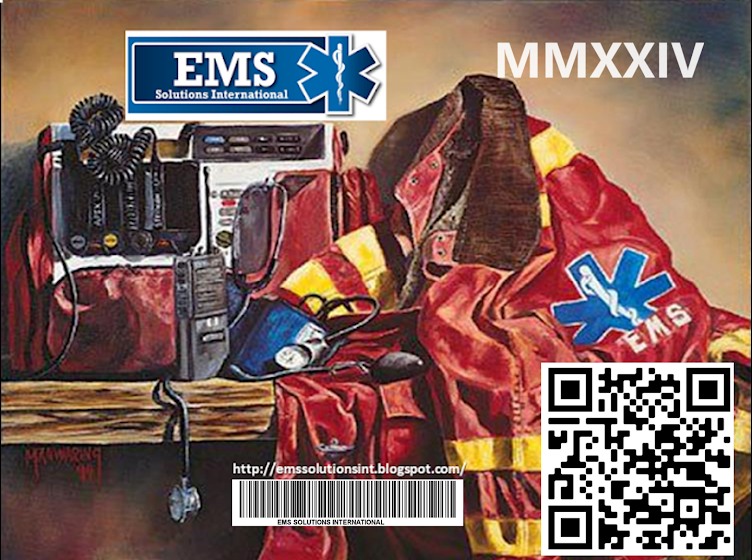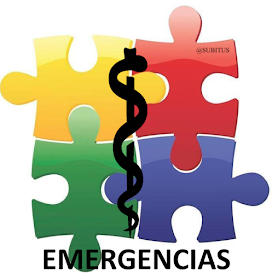 |
| hydroxyethyl-starch solutions (HES) should no longer be used in patients with sepsis or burn injuries or in critically ill patients. 11/10/2013 |
PRAC confirms that hydroxyethyl-starch solutions (HES) should no longer be used in patients with sepsis or burn injuries or in critically ill patients
HES will be available in restricted patient populations
The EMA’s Pharmacovigilance Risk Assessment Committee (PRAC) has completed its review of HES solutions following an assessment of new information and commitments from companies for additional studies and risk minimisation activities. The Committee confirmed that HES solutions must no longer be used to treat patients with sepsis (bacterial infection in the blood) or burn injuries or critically ill patients, because of an increased risk of kidney injury and mortality. HES solutions may, however, continue to be used in patients to treat hypovolaemia (low blood volume) caused by acute blood loss, provided that appropriate measures are taken to reduce potential risks and that additional studies are carried out.
The review of HES solutions was initially triggered by the German medicines agency, the Federal Institute for Drugs and Medical Devices (BfArM), following studies showing an increased risk of mortality in patients with sepsis and an increased risk of kidney injury requiring dialysis in critically ill patients following treatment with HES solutions.
The PRAC had initially concluded on 13 June 2013 that HES solutions should be suspended in all patient populations. Since then, the PRAC has analysed and considered new evidence that was not available at the time of the initial recommendation, including new studies. The Committee has also looked at new proposals for additional risk minimisation measures, including restrictions on use and a commitment from the companies to conduct additional studies.
The PRAC, on the basis of all data available to date, considered whether a group of patients could be identified for whom HES treatment remains beneficial. The Committee concluded that there was clear evidence for an increased risk of kidney injury and mortality in critically ill and septic patients, and that therefore HES should no longer be used in these patients. However the PRAC agreed that HES could continue to be used in patients with hypovolaemia caused by acute blood loss where treatment with alternative infusions solutions known as ‘crystalloids’ alone are not considered to be sufficient. The PRAC acknowledged the need for measures to minimise potential risks in these patients and recommended that HES solutions should not be used for more than 24 hours and that patients’ kidney function should be monitored for at least 90 days. In addition, the PRAC requested that further studies be carried out on the use of these medicines in elective surgery and trauma patients.
The PRAC recommendation will now be sent to the Coordination Group for Mutual Recognition and Decentralised Procedures – Human (CMDh), for consideration at its meeting on 21-23 October 2013.
The European Medicines Agency (EMA) has started a new review of hydroxyethyl-starch (HES)-containing solutions for infusion, following the suspension of the use of these medicines in the United Kingdom (UK) on 27 June 2013.
The EMA’s Pharmacovigilance Risk Assessment Committee (PRAC) had recommended in June 2013 that these medicines be suspended in the European Union (EU), following an assessment of available data which concluded that their benefits do not outweigh the risks of kidney injury and mortality. However, the process to implement the PRAC’s recommendation across the EU has not yet begun since a number of marketing-authorisation holders have exercised their legal right to request a re-examination of the recommendation.
In the meantime, some Member States have taken action to suspend or limit the marketing or use of these medicines in their territories. In accordance with EU legislation, this type of action currently requires that a review procedure be carried out. Consequently, the UK has requested the PRAC to start this review procedure, which will run in parallel with the re-examination of the PRAC’s June 2013 recommendation.
The Agency invites all stakeholders (e.g. healthcare professionals, patients’ organisations, the general public) to submit data relevant to this procedure. Full details are available under the 'data submission' tab.
HES-containing solutions are volume expanders used to replace lost blood volume in hypovolaemia (low blood volume caused by dehydration or blood loss) and hypovolaemic shock (a steep fall in blood pressure caused by drop in blood volume). They are used in critically ill patients including patients with sepsis (bacterial infection of the blood), or burn or trauma injuries, or patients who are undergoing surgery. HES-containing solutions are given by infusion (drip) into a vein.
Infusion solutions containing HES belong to the class of colloids. There are two main types of volume expanders: crystalloids and colloids. Colloids contain large molecules such as starch, whereas crystalloids such as saline solutions contain smaller molecules. In the EU, HES-containing solutions for infusion have been approved via national procedures.
This review of HES solutions for infusion has been initiated at the request of the UK medicines agency, the Medicines and Healthcare Products Regulatory Agency (MHRA), under Article 107i of Directive 2001/83/EC, also known as the urgent Union procedure.
The review is being carried out by the Pharmacovigilance Risk Assessment Committee (PRAC), the committee responsible for the evaluation of safety issues for human medicines, which will make a set of recommendations. As these medicines are all authorised nationally, the PRAC recommendation will be forwarded to the Coordination Group for Mutual Recognition and Decentralised Procedures – Human (CMDh), which will adopt a final position. The CMDh is a regulatory body that represents the EU Member States, responsible for ensuring harmonised safety standards for medicines authorised via national procedures across the EU.
In June 2013, the PRAC adopted recommendations on HES solutions under Article 31 of Directive 2001/83/EC. A number of marketing-authorisation holders have requested a re-examination of these recommendations.
12/07/2013




No hay comentarios:
Publicar un comentario